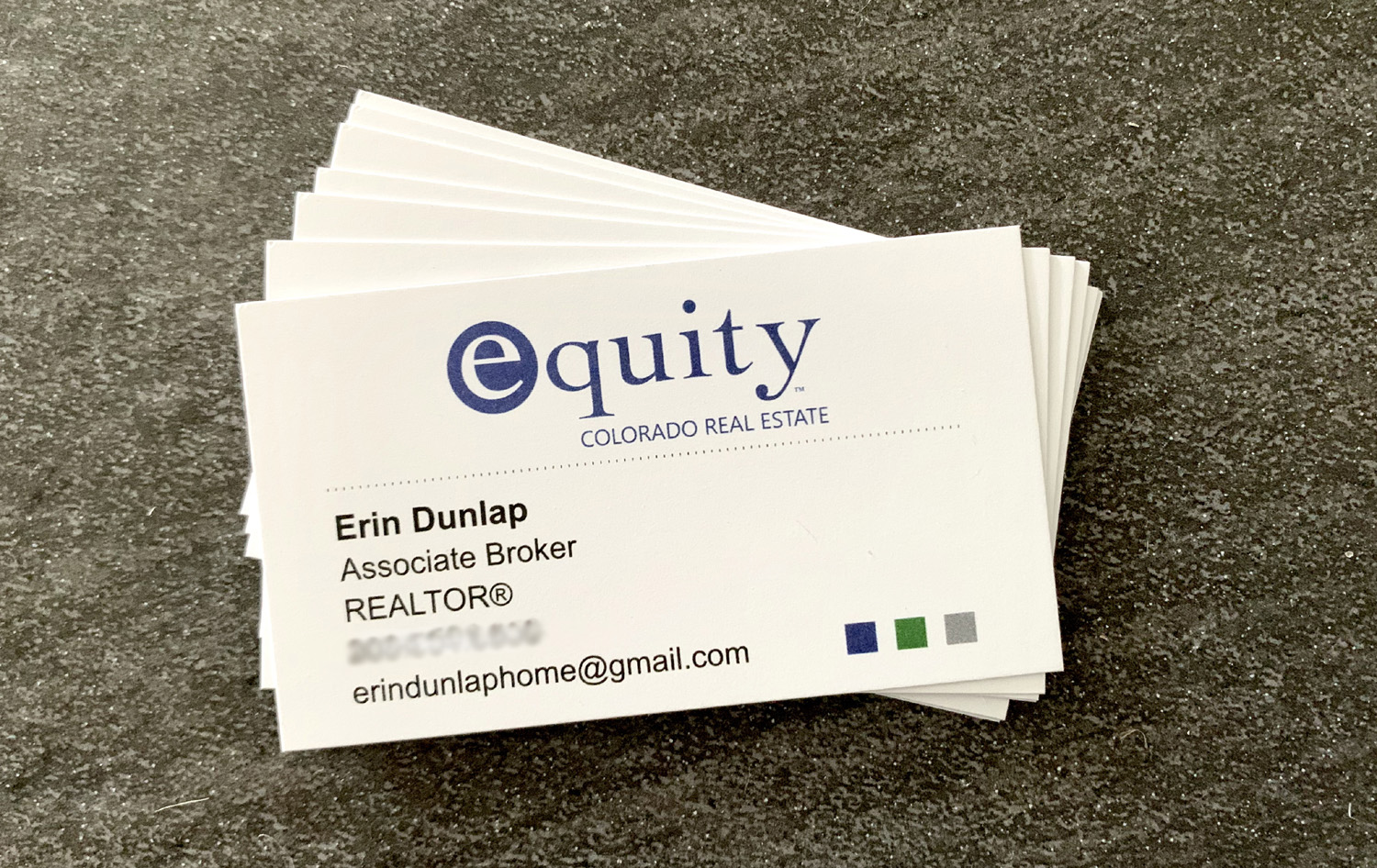
Appraisers of real estate value personal and tangible property. They draw on their experience, knowledge, and training to provide credible results for clients or others who require them. Appraisals are essential for home buyers, sellers and lenders, as well as real estate agents.
A home appraiser is someone who has completed a course in order to be able to offer an appraisal on a piece real estate for a charge. They work in a private company that specializes on property valuation.
The main job duties of a real estate appraiser are to conduct research and evaluate the exterior and interior of a property. An appraiser must also consider any special requests from lenders.
They are required to obtain the best information available to them to provide accurate reports for their clients. They are often required to work with a team that includes experts to complete an appraise.

The United States Government regulates their work and issues licenses to them. Some states require certain education hours and passing scores on an exam in order to obtain licenses.
The state's real estate regulator agency will set the education and experience requirements for you in order to become a licensed appraiser. Visit your local bureau of real estate to find out more about education and working experience.
After you meet all the educational and work experience requirements, you must submit your application for appraisal to your state's regulatory agency. Include a copy your degree certificate and evidence of work experience.
The licensing process typically takes several months. If you are interested in becoming licensed, be ready to take the exam which has 125 questions. Some real estate agencies and online courses offer practice tests for the exam.
To determine the market value of a property, a real-estate appraiser will use one of three approaches: the cost approach (income), the cost approach (cost), and the sales comparability approach (sales comparison). Each of these methods has its own merits and a particular set of properties that it is most effective for.

The income approach allows a realty appraiser to consider the property's operating income. This can be calculated by subtracting costs associated with maintaining it. You can calculate this income monthly or yearly. This income can then be multiplied with a number years to calculate an estimated value.
Real estate appraisals may also employ the sales comparison approach. This involves looking at comparable homes that sold within the past six months. This method is most effective when there are a large number of similar homes for sale in the area or when it is difficult to identify unique aspects of the property being appraised.
An appraiser will compare the property's features with the subject property to determine the estimated market value. This value is sometimes added or subtracted to get a better idea of the home's actual market value.
FAQ
What are some of the disadvantages of a fixed mortgage rate?
Fixed-rate loans have higher initial fees than adjustable-rate ones. If you decide to sell your house before the term ends, the difference between the sale price of your home and the outstanding balance could result in a significant loss.
How much money will I get for my home?
The number of days your home has been on market and its condition can have an impact on how much it sells. Zillow.com says that the average selling cost for a US house is $203,000 This
What amount should I save to buy a house?
It depends on how long you plan to live there. You should start saving now if you plan to stay at least five years. But, if your goal is to move within the next two-years, you don’t have to be too concerned.
Can I purchase a house with no down payment?
Yes! There are many programs that can help people who don’t have a lot of money to purchase a property. These programs include conventional mortgages, VA loans, USDA loans and government-backed loans (FHA), VA loan, USDA loans, as well as conventional loans. You can find more information on our website.
Statistics
- Over the past year, mortgage rates have hovered between 3.9 and 4.5 percent—a less significant increase. (fortunebuilders.com)
- When it came to buying a home in 2015, experts predicted that mortgage rates would surpass five percent, yet interest rates remained below four percent. (fortunebuilders.com)
- This means that all of your housing-related expenses each month do not exceed 43% of your monthly income. (fortunebuilders.com)
- Private mortgage insurance may be required for conventional loans when the borrower puts less than 20% down.4 FHA loans are mortgage loans issued by private lenders and backed by the federal government. (investopedia.com)
- The FHA sets its desirable debt-to-income ratio at 43%. (fortunebuilders.com)
External Links
How To
How to manage a rental property
It can be a great way for you to make extra income, but there are many things to consider before you rent your house. We'll help you understand what to look for when renting out your home.
Here's how to rent your home.
-
What factors should I first consider? Consider your finances before you decide whether to rent out your house. If you have any debts such as credit card or mortgage bills, you might not be able pay for someone to live in the home while you are away. Your budget should be reviewed - you may not have enough money to cover your monthly expenses like rent, utilities, insurance, and so on. It may not be worth it.
-
How much does it cost for me to rent my house? There are many factors that influence the price you might charge for renting out your home. These include factors such as location, size, condition, and season. You should remember that prices are subject to change depending on where they live. Therefore, you won't get the same rate for every place. Rightmove shows that the median market price for renting one-bedroom flats in London is approximately PS1,400 per months. If you were to rent your entire house, this would mean that you would earn approximately PS2,800 per year. That's not bad, but if you only wanted to let part of your home, you could probably earn significantly less.
-
Is it worth it. You should always take risks when doing something new. But, if it increases your income, why not try it? It is important to understand your rights and responsibilities before signing anything. You will need to pay maintenance costs, make repairs, and maintain the home. Renting your house is not just about spending more time with your family. Make sure you've thought through these issues carefully before signing up!
-
What are the benefits? So now that you know how much it costs to rent out your home and you're confident that it's worth it, you'll need to think about the advantages. You have many options to rent your house: you can pay off debt, invest in vacations, save for rainy days, or simply relax from the hustle and bustle of your daily life. Whatever you choose, it's likely to be better than working every day. You could make renting a part-time job if you plan ahead.
-
How do I find tenants? After you have made the decision to rent your property out, you need to market it properly. Online listing sites such as Rightmove, Zoopla, and Zoopla are good options. Once you receive contact from potential tenants, it's time to set up an interview. This will enable you to evaluate their suitability and verify that they are financially stable enough for you to rent your home.
-
What are the best ways to ensure that I am protected? If you fear that your home will be left empty, you need to ensure your home is protected against theft, damage, or fire. You'll need to insure your home, which you can do either through your landlord or directly with an insurer. Your landlord will often require you to add them to your policy as an additional insured. This means that they'll pay for damages to your property while you're not there. This does not apply if you are living overseas or if your landlord hasn't been registered with UK insurers. In these cases, you'll need an international insurer to register.
-
Sometimes it can feel as though you don’t have the money to spend all day looking at tenants, especially if there are no other jobs. It's important to advertise your property with the best possible attitude. Post ads online and create a professional-looking site. You'll also need to prepare a thorough application form and provide references. While some people prefer to handle everything themselves, others hire agents who can take care of most of the legwork. You'll need to be ready to answer questions during interviews.
-
What should I do after I have found my tenant? If there is a lease, you will need to inform the tenant about any changes such as moving dates. Otherwise, you can negotiate the length of stay, deposit, and other details. You should remember that although you may be paid after the tenancy ends, you still need money for utilities.
-
How do I collect the rent? When it comes time for you to collect your rent, check to see if the tenant has paid. You'll need remind them about their obligations if they have not. Before you send them a final invoice, you can deduct any outstanding rent payments. If you're having difficulty getting hold of your tenant you can always call police. If there is a breach of contract they won't usually evict the tenant, but they can issue an arrest warrant.
-
What are the best ways to avoid problems? Although renting your home is a lucrative venture, it is also important to be safe. Ensure you install smoke alarms and carbon monoxide detectors and consider installing security cameras. You should also check that your neighbors' permissions allow you to leave your property unlocked at night and that you have adequate insurance. You should not allow strangers to enter your home, even if they claim they are moving in next door.